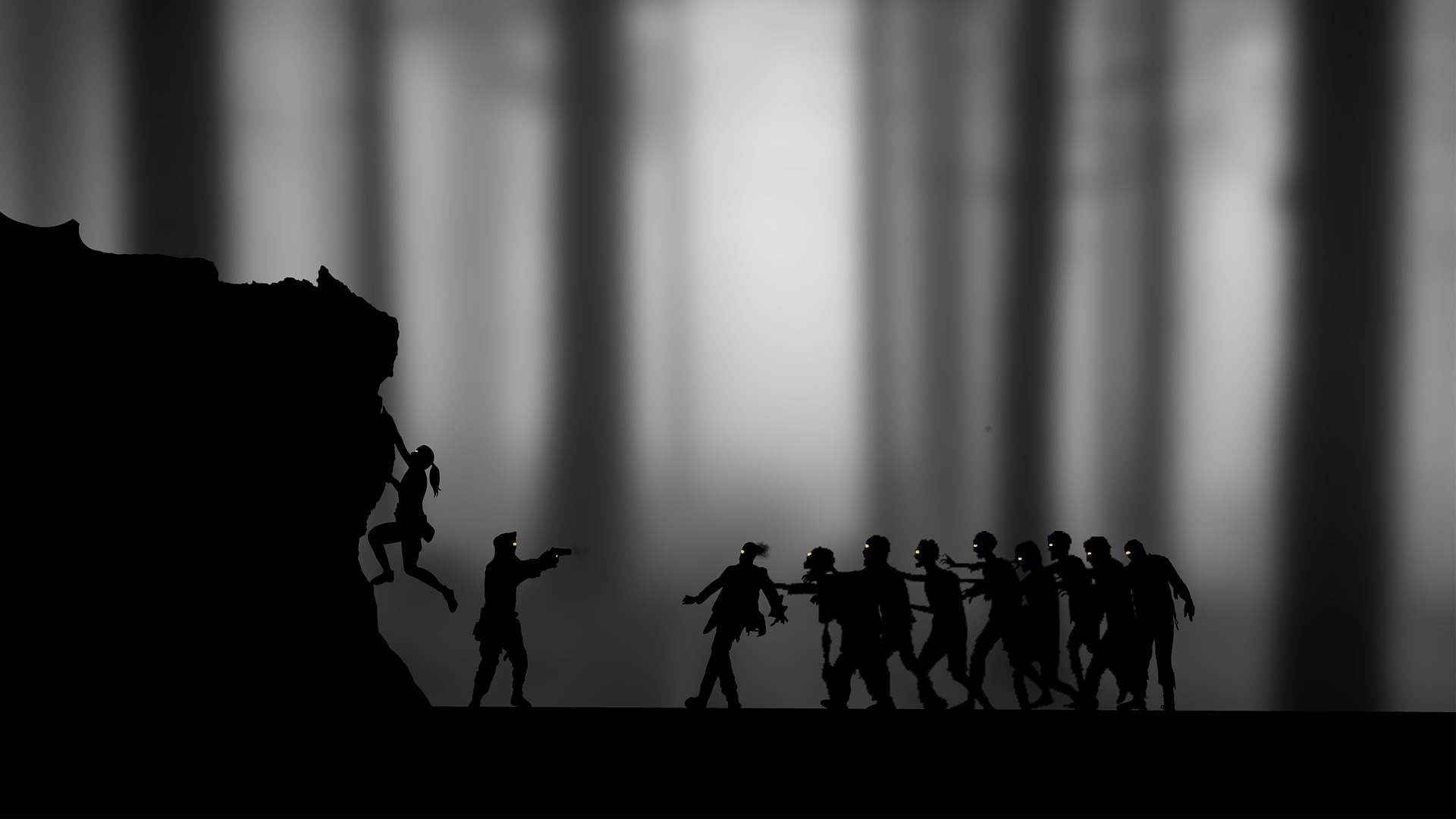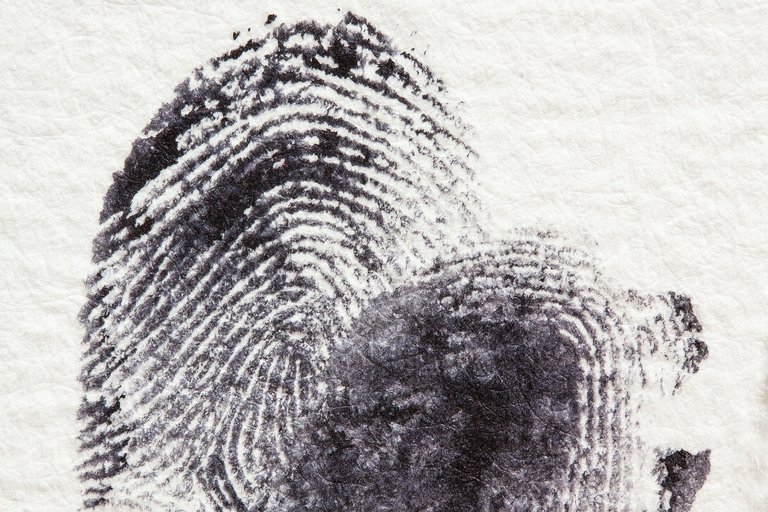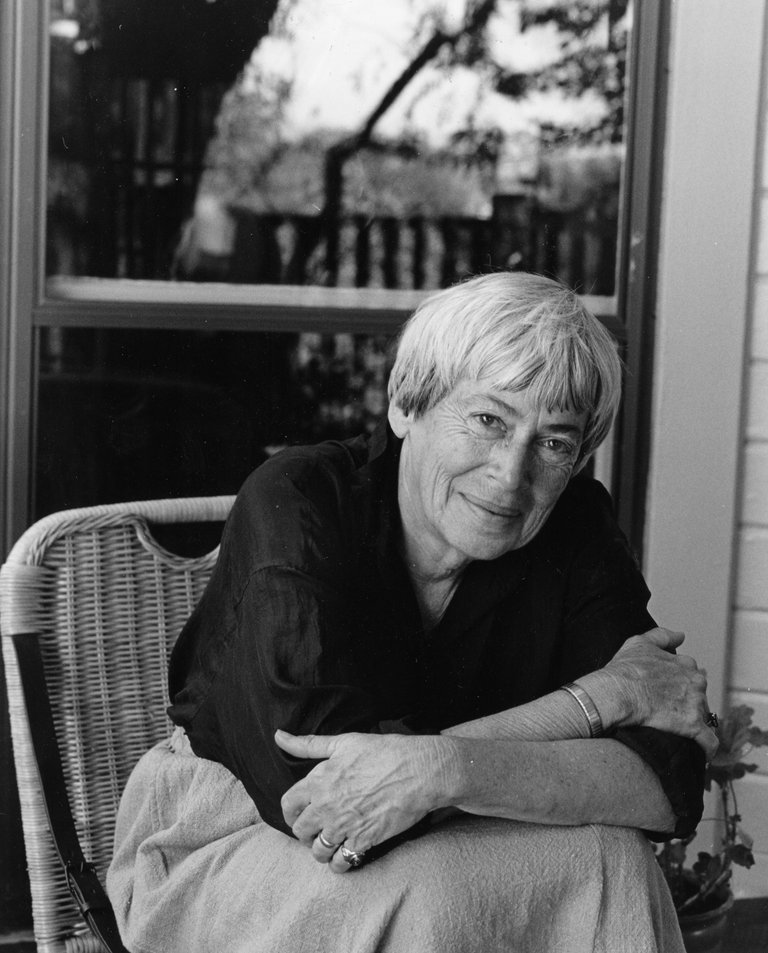Escapism: Who Am I? Escape From? Science Fiction and Fantasy?

[EN]
“Escapism” has always been a genre that I find solace in and that helps me stay sane. Escapism, fantasy and science fiction; It was like a healing pool that I could dive into, regardless of the medium, especially literature. Therefore, I often find myself asking why I love this movement so much.
[TR]
“Escapism” her zaman avuntuyu bulduğum, akıl sağlığımı korumama yardım eden bir janr oldu. Kaçış, fantazi ve bilimkurgu; başta edebiyat olmak üzere medyum farketmeksizin içine balıklama dalabilidiğim bir şifa havuzu gibiydi. Bu sebeple, kendimi sıklıkla neden bu akımı bu denli sevdiğimi sorarken buluyorum.

In all zombie apocalypse fictions, one of the primary goals of people is to find a safe place, a shelter. It's not just about sheltering, of course. In fact, we are watching the characters' efforts to regain some basic needs that we are used to in our daily life. We are kind of witnessing the reconstruction of Maslow's Hierarchy of Needs pyramid.
In a world full of nonsense, I can feel tentacles of reality attacking my mind and my selfness, like zombies trying to gnaw at my flesh. In an age where mental laziness surrounds us like the plague of our age, racism and unjustness are on the rise again, political correctness and lynching culture cloud the truth, and disinformation becomes commonplace; I think maintaining sanity should be placed on the safety level in Uncle Maslow's pyramid. The mental health issue becomes a challenge in itself, especially if you live in a country like Turkey that is out of control. Every day, even trivial matters such as getting out of bed and taking a shower, going to work or school, finding a friend, chatting, and visiting the market become a struggle for survival.
In such a world, escapism became the shelter of many people like me. We all have truths, values, preferences, decisions, tastes, gusto, fears, disgusts. Our differences, which are the building blocks of cultural diversity, that make us who we are and separate us from each other… The answers we give when we ask ourselves the question “Who am I?” The zeitgeist began to overflow with attempts to take these answers from us and distribute the same answers to everyone.
Tüm zombi kıyameti eserlerinde, insanların başat hedeflerinden biri mutlaka güvenli bir alana, bir sığınağa kavuşmak oluyor. Mesele tabi ki barınmadan ibaret değil. Aslında, karakterlerin, bizim gündelik hayatta kanıksadığımız bir takım temel ihtiyaçlara yeniden kavuşma çabasını izliyoruz. Adeta Maslow’un İhtiyaçlar Hiyerarşisi piramidinin yeniden inşasına tanık oluyoruz.
Saçmalıklarla dolu bir dünyada, gerçekliğin dokunaçlarının, tıpkı etimi kemirmeye çalışan zombiler gibi zihnime ve benliğime saldırdıklarını hissedebiliyorum. Akıl tembelliğinin çağımızın vebası gibi etrafımızı sardığı, ırkçılığın ve vicdansızlığın yeniden yükselişe geçtiği, politik doğruculuğun ve linç kültürünün hakikati bulandırdığı, dezenformasyonun olağanlaştığı bir çağda; akıl sağlığını muhafaza etmenin, Maslow Dayının piramidinde güvenlik katına yerleştirilmesi gerektiğini düşünüyorum. Özellikle Türkiye gibi çığrından çıkmış bir memlekette yaşıyorsanız, akıl sağlığı meselesi başlı başına bir meydan okuma haline geliyor. Her gün, yataktan kalkıp duşa girmek, işe veya okula gitmek, bir arkadaş bulmak, havadan sudan sohbet etmek, markete uğramak gibi eften püften meseleler bile hayatta kalma mücadelesi haline geliyor.
İşte böyle bir dünyada, escapism, benim gibi birçok kişinin akli ve zihni sığınağı oldu. Hepimizin doğruları, değer yargıları, tercihleri, kararları, zevkleri, gustosu, korkuları, tiksintileri var. Bizi biz yapan, birbirimizden ayıran, kültürel çeşitliliğin yapıtaşı niteliğinde farklılıklarımız… “Ben kimim?” sorusunu kendimize sorduğumuzda verdiğimiz cevaplar. İşte çağın ruhu bu cevapları elimizden alma ve herkese aynı cevapları dağıtma girişimleriyle dolup taşmaya başladı.

Escapism is about being troubled with what exists. It is a movement based on the idea that “it shouldn't be like this, it could be otherwise”. The nightmare of the status quoists. Because no one who benefits from the status quo, does not want you to go out of this order. The idea that an alternative exists is dangerous.
There is a quote in the sci-fi and fantasy community:
“Who are the most opposed to escape? Jailers.”
There are a lot of speculations about the owner of this quote. The quote associated with many masters from Tolkien to C. S. Lewis, from Arthur C. Clark to Neil Gaiman. While I'm not sure which one it belongs to, I don't think any of them would argue against the main idea.
Escapism, mevcut olandan duyulan rahatsızlıkla ilgili. “Böyle olmamalı, başka türlü de olabilir” fikri üzerine kurulu bir akım. Statükocuların korkulu rüyası. Çünkü mevcut olandan fayda sağlayan kimse sizin bu düzenin dışına çıkmanızı istemez. Bir alternatifin var olduğu fikri tehlikelidir.
Bilimkurgu ve fantazi camiasında, sahibi hakkında çeşitli spekülasyonlar olan bir söz vardır:
“Kaçışa en çok karşı çıkanlar kimlerdir? Gardiyanlar”
Bu söz Tolkien’den C. S. Lewis’e, Arthur C. Clark’tan Neil Gaiman’a kadar birçok üstad ile ilişkilendirilir. Hangisine ait olduğuna emin olamasam da ana fikre hiçbirinin karşı çıkacağını sanmıyorum.

In this context, we can conclude that escapism is a kind of quarantine. When the dose of nonsense reaches a level that infects our minds, it may be necessary to isolate our minds. It is natural to avoid illness. The mind must be healed in an alternate universe, until it can recover immunity to reality relapse. Different languages, different cultures, maybe different planets, different dimensions, different times, different technologies… A universe embroidered with fine details, on all kinds of different elements that can be alternatives to the existing one, can be a rescue zone for the minds that cannot stand by when something goes wrong.
Life is too ridiculous. It is quite human to feel the desire to get away, even for a while. Also, you can't fix bullshit out of bullshit. People need an assembly area in an emergency.
Bu bağlamda, escapismin bir tür karantina olduğuna kanaat getirebiliriz. Saçmalıkların dozu zihnimizi enfekte edecek bir seviyeye vardığında, zihnimizi izole etmek gerekebilir. Hastalıktan kaçmak tabiidir. Zihin, yeniden gerçekliğe maruz kalabilecek bağışıklığı toparlayana dek, gerçekliğe alternatif bir evrende şifalanmalıdır. Farklı diller, farklı kültürler, belki farklı gezegenler, farklı boyutlar, farklı zamanlar, farklı teknolojiler… Mevcut olana alternatif olabilecek her türlü farklı ögeye dair ince detaylarla nakış gibi işlenmiş bir evren, bir şeylerin yanlış gittiğine seyirci kalamayan zihinler için kurtarılmış bölge olabilir.
Hayat, fazlasıyla saçma. Bir süreliğine de olsa uzaklaşma arzusu duymaksa oldukça insani. Ayrıca, saçmalığı saçmalığın içinden düzeltemezsiniz. İnsanların acil durumda toplanması gereken bir yere ihtiyaçları vardır.

Copyright © by Marian Wood Kolisch https://www.ursulakleguin.com/publicity-photos
Without further ado, I'd like to leave the word to Ursula K. Le Guin, the queen of escape literature (By the way, the "K" in her last name is Kroeber's initial. She is the daughter of one of the fathers of anthropology, Alfred Kroeber. As an anthropologist, I would love to be able to raise such a girl). I quote from Language of the Night: Essays on Fantasy and Science Fiction:
"There is an area where science fiction has most often failed to judge itself, and where it has been most harshly judged by its nonpartisans. It is an area where we badly need intelligent criticism and discussion. The oldest argument against science fiction is both the shallowest and the profoundest: the assertion that SF, like all fantasy, is escapist.
This statement is shallow when made by the shallow. When an insurance broker tells you that science fiction doesn’t deal with the Real World, when a chemistry freshman informs you that Science has disproved Myth, when a censor suppresses a book because it doesn’t fit the canons of Socialist Realism, and so forth, that’s not criticism; it’s bigotry. If it’s worth answering, the best answer is given by Tolkien, author, critic, and scholar. Yes, he said, fantasy is escapist, and that is its glory. If a soldier is imprisoned by the enemy, don’t we consider it his duty to escape? The moneylenders, the knownothings, the authoritarians have us all in prison; if we value the freedom of the mind and soul, if we’re partisans of liberty, then it’s our plain duty to escape, and to take as many people with us as we can."
Meseleyi çok da kurcalamadan sözü kaçış edebiyatının kraliçesi Ursula K. Le Guin’e bırakmak istiyorum (Sırası gelmişken, soyadındaki “K” Kroeber’in baş harfidir. Kendisi antropolojinin babalarından birinin, Alfred Kroeber’in kızıdır. Bir antropolog olarak ben de böyle bir kız yetiştirebilmeyi çok isterim).Language of the Night: Essays on Fantasy and Science Fiction’dan alıntılıyorum:
“Bilimkurgu'nun kendisini yargılamakta çoğu kez başarısız olduğu ve partizan olmayanlar tarafından en sert biçimde yargılandığı bir alan var. Zekice eleştirilere ve tartışmaya çok ihtiyacımız olan bir alan. Bilimkurguya karşı en eski argüman hem en sığ hem de en derin olanıdır: Bilimkurgu'nun tüm fanteziler gibi gerçeklerden kaçtığı iddiası.
Bu ifade sığ biri tarafından yapıldığında sığdır. Bir sigorta komisyoncusu size bilimkurgunun gerçek dünya ile ilgilenmediğini söylediğinde, bir kimya birinci sınıf öğrencisi size bilimin mitik olanı çürüttüğünü bildirdiğinde, bir sansür bir kitabı sosyalist gerçekçiliğin kanunlarına uymadığı için bastırdığında vesaire… Bu eleştiri değil; bağnazlıktır. Cevap vermeye değerse, en iyi cevap, yazar, eleştirmen ve bilim adamı Tolkien tarafından verilmiştir. Evet, der, fantezi kaçmaktır ve onun ihtişamı budur. Bir asker düşman tarafından hapsedilmişse, kaçmayı onun görevi saymıyor muyuz? Tefeciler, cahiller, otoriterler hepimizi hapse attılar; zihnin ve ruhun özgürlüğüne değer veriyorsak, özgürlüğün yandaşlarıysak, o zaman kaçmak ve yanımızda alabileceğimiz kadar çok insanı götürmek bizim en basit görevimizdir. “



